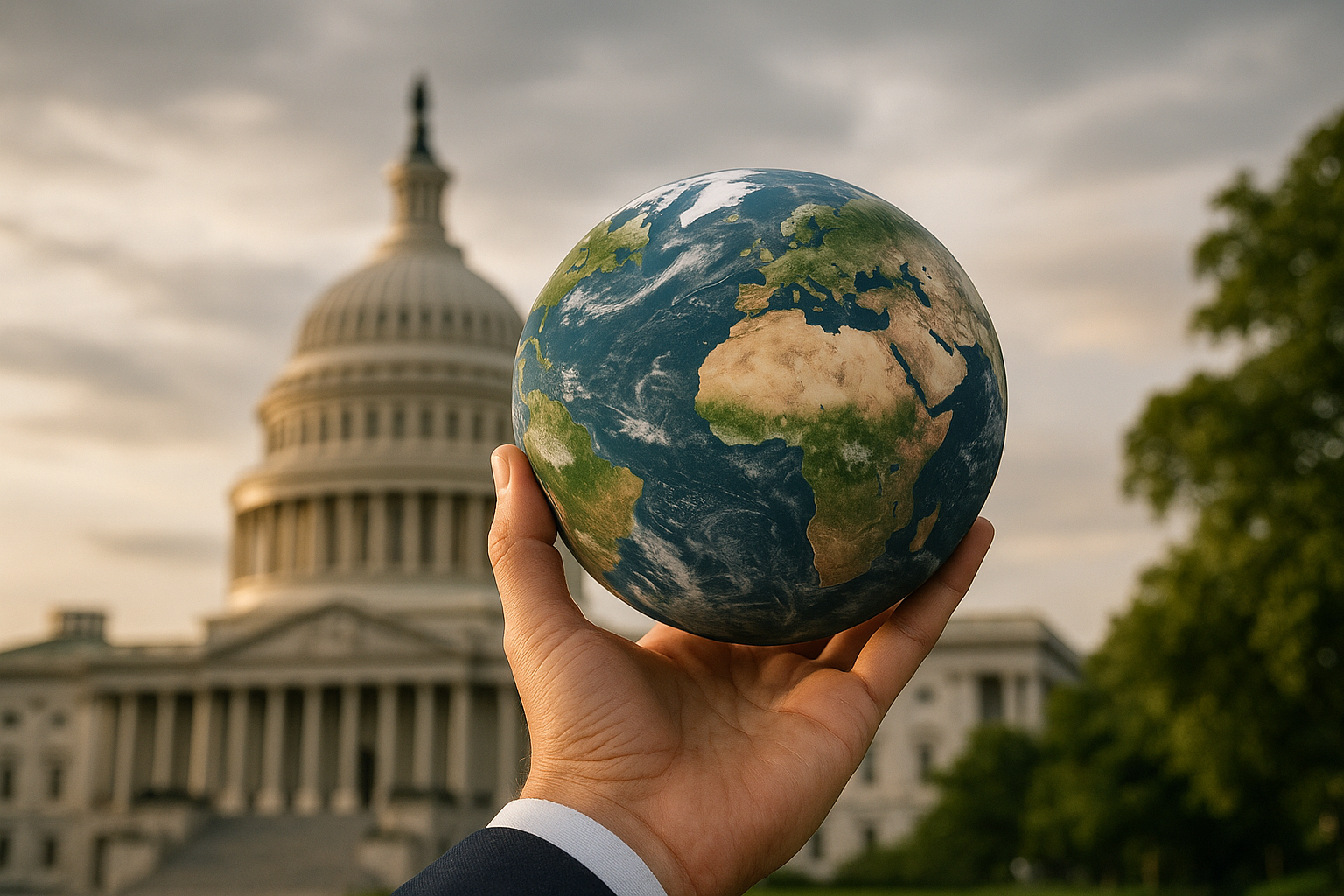"Transformation in the Landscape of Environmental Law: A Closer Look at the Green New Deal"
The evolution of environmental law has been an intriguing journey. Historically, environmental law emerged as a response to the industrial revolution's environmental degradation. Since then, it has expanded, focusing on the protection of natural resources, pollution control, and ensuring sustainable development. Recently, the conversation around environmental law has shifted, reflecting the urgency to address the escalating climate change crisis.

The Green New Deal: A Revolutionary Approach
The Green New Deal, introduced in the U.S Congress in 2019, represents a significant shift in policy and legislative approach. It proposes a comprehensive plan to address climate change and economic inequality, intertwining environmental protection with social justice. The Green New Deal is a game-changer, pushing boundaries beyond traditional environmental law confines.
Legal Implications of the Green New Deal
The Green New Deal, if adopted, will have profound legal implications. It aims to overhaul the U.S economy and energy systems, necessitating substantial changes in various sectors’ regulations. More importantly, it calls for a rights-based approach to environmental law, recognizing every citizen’s right to a safe, healthy environment. This could potentially lead to an expansion in the scope of constitutional rights and reshape the future of environmental litigation.
The Green New Deal and Society: Potential Impact
The societal implications of the Green New Deal are vast. By advocating for a just transition to a green economy, the Deal hopes to address income inequality and provide job security. This approach could redefine the relationship between environmental law and social justice. Additionally, by emphasizing the importance of community participation, the Deal could potentially democratize environmental decision-making.
The Path Forward: A New Era of Environmental Law?
The Green New Deal is a radical proposition that has sparked intense debate. It presents a paradigm shift in environmental law, intertwining it with social justice and economic reform. While it remains to be seen whether this ambitious proposal will be adopted, it certainly sets the stage for more inclusive, comprehensive environmental law in the future.
In conclusion, the Green New Deal represents a transformative approach to environmental law, reflecting a shift in societal values and concerns. As we continue to grapple with climate change, the evolution of environmental law will undoubtedly remain a critical area of focus.




